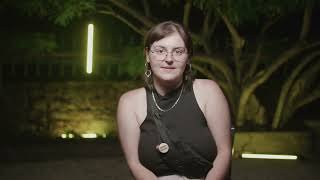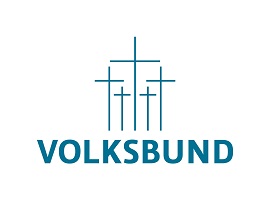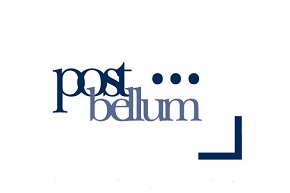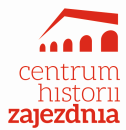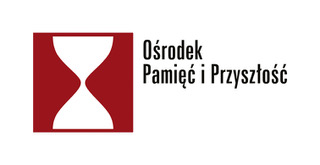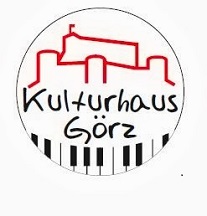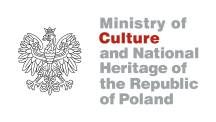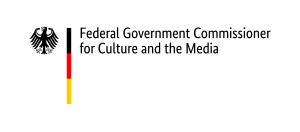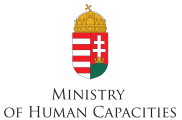In Between? is an educational project for students interested in exploring the history of the European borderland regions. During the 2022 edition of the programme the participants met in Warsaw and subsequently set off on study visits to Alsace, Friuli Venezia Giulia or Cieszyn Silesia, where they interviewed members of the local community and produced a series of podcasts.
About In Between? 2022
6–16 July 2022, Alsace, Friuli Venezia Giulia, Cieszyn Silesia
Podcasts
'Bridges Over the Olza' – Polish-Czech borderland
Our destination in the Polish-Czech borderland were the partner cities of Cieszyn and Český Těšín at the foot of the Beskid Mountains. Before the First World War, Poles, Czechs, Jews and Austrian Germans lived in Cieszyn, the capital of the region. The provisions of the Treaty of Versailles of 1919 began the process of regulating the borders of the Polish and Czechoslovak states diplomatically, militarily and politically. As a result, the city was divided by a border running along the River Olza. The podcast Bridges Over the Olza is a collage of humorous anecdotes, put against a broader background of the city’s past. It tells a story about smugglers and children playing games of crossing the borders, about the tensions in the beginning of the nineties, right after the fall of the Iron Curtain, and about emotions on the 1 May, 2004, when Czechs and Poles celebrated the access to the European Union. Nowadays the inhabitants of the city cross freely the two bridges of the city, use both currencies – koruna and zloty, and communicate in similar languages without ruminating too much over the past.
'Everyone Has Their Own Alsace' - German-French borderland
The members of the group going to Alsace were guests of the Albert Schweitzer International Youth Centre in Niederbronn-les-Bains, which was the starting point for tours throughout the region and to Strasbourg. Nowadays, the capital of Alsace and the seat of the European Parliament is considered to be a symbol of a peaceful coexistence and of economic and cultural integration in a united Europe. However, the Alsatian people living here have been victims to the territorial and political claims of France and Germany in the past. The podcast ‘Everyone Has Their Own Alsace’ gathers excerpts from the interviews and from the groups’ own conversations about identity. Parting from the question of what does it mean to be an Alsatian, the participants discuss theoretical concepts from the area of memory studies and they wonder if one’s own identity is something that has to be constructed, or rather lived individually, one day at a time.
'Sound of Division' – Italian-Slovenian borderland:
The group travelling to the Friuli Venezia Giulia explored the twin cities of Gorizia and Nova Gorica. The podcast “Sound of Division” produced during this journey, explores the story of fences that crossed the symbolical square of Piazza della Transalpina/Trg Evrope. The first one was constructed after the World War II, when the city was divided between Italy and Yugoslavia and, practically overnight, it became a border between two countries, two political orders, and two completely distinct languages. The second one divided the city from 1991 to 2004, when Slovenia became a member of the European Union. The third one appeared on the square during the corona pandemics, bringing to the surface old traumas of families, friends and lovers torn apart by a political decision taken by anonymous bureaucrats, hundreds miles away. However, there is also a voice of hope, because the twin cities work on a common project of becoming the European Capital of Culture in 2025. Will the sound of division become the sound of unity at last?
Gallery
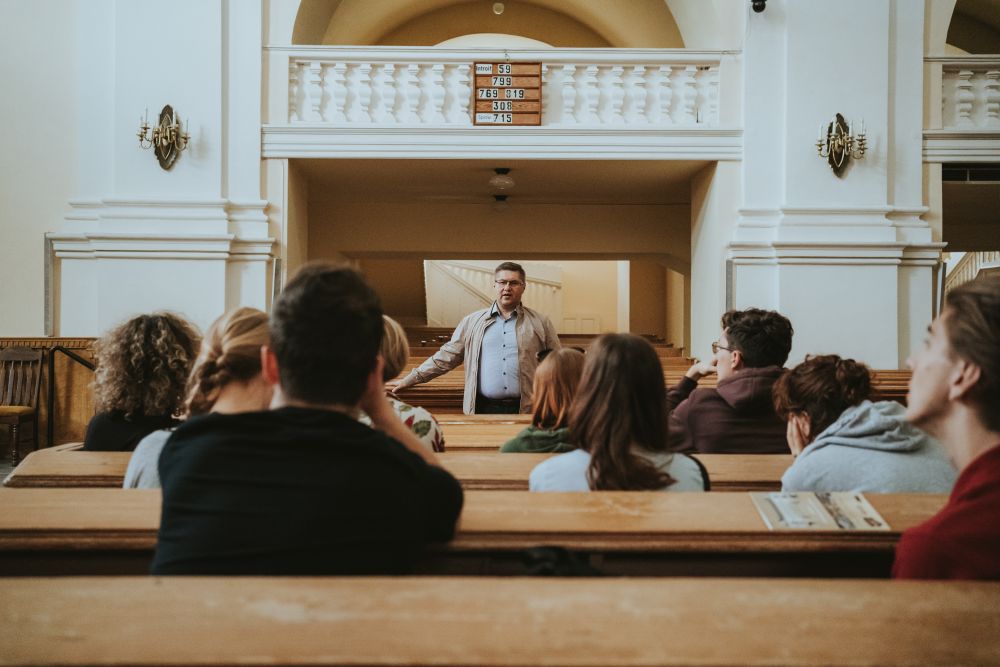
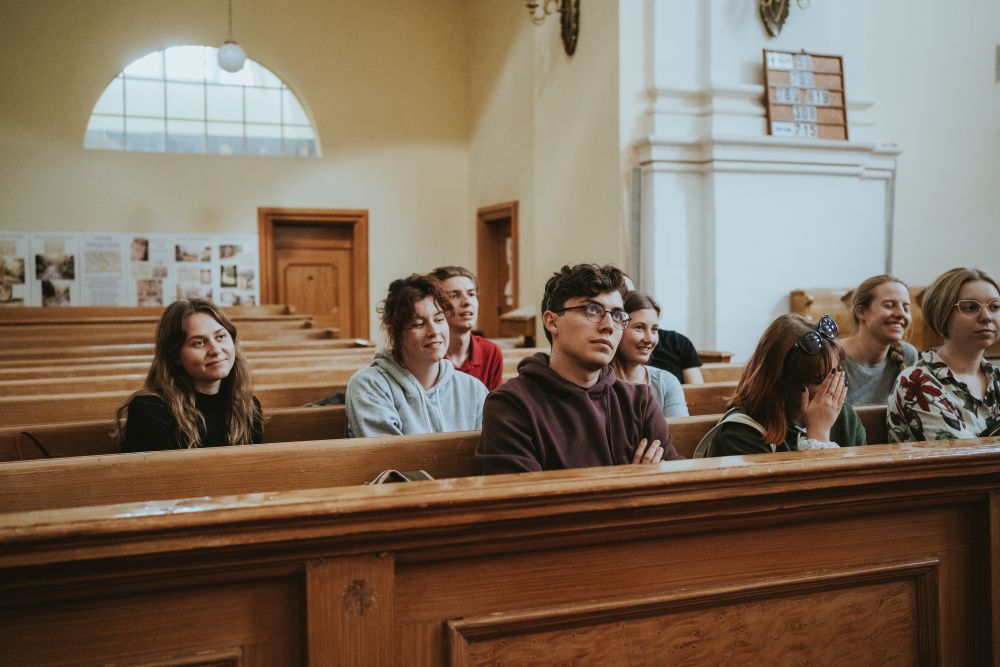
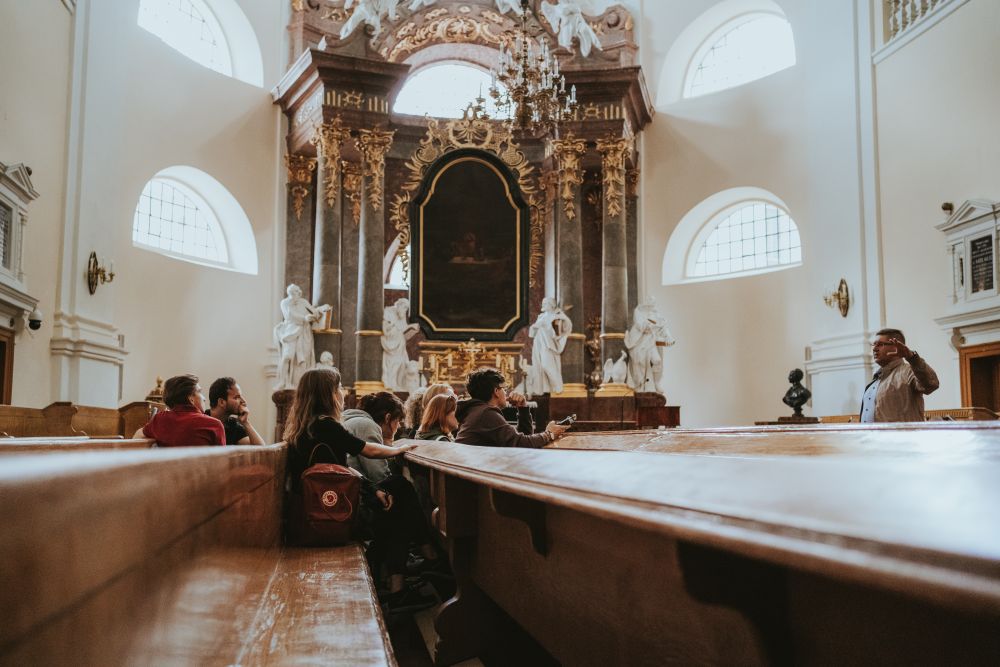
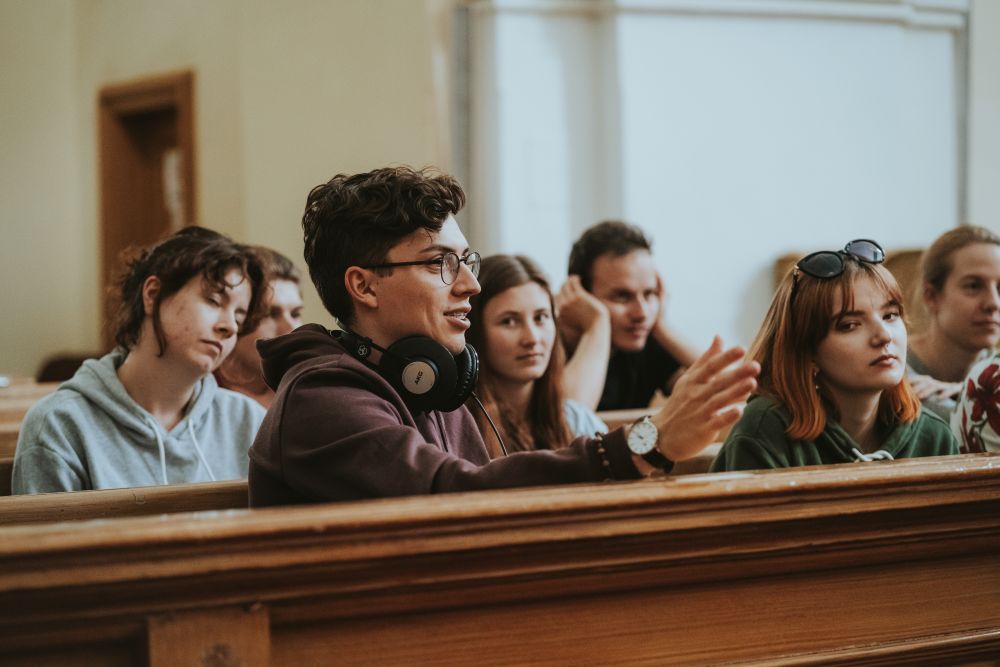
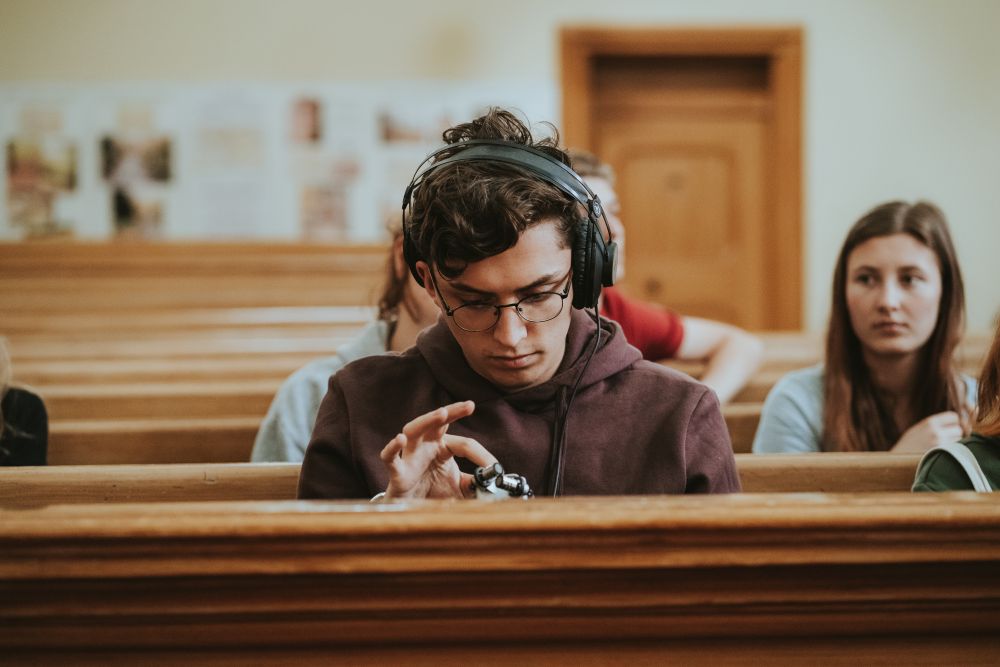
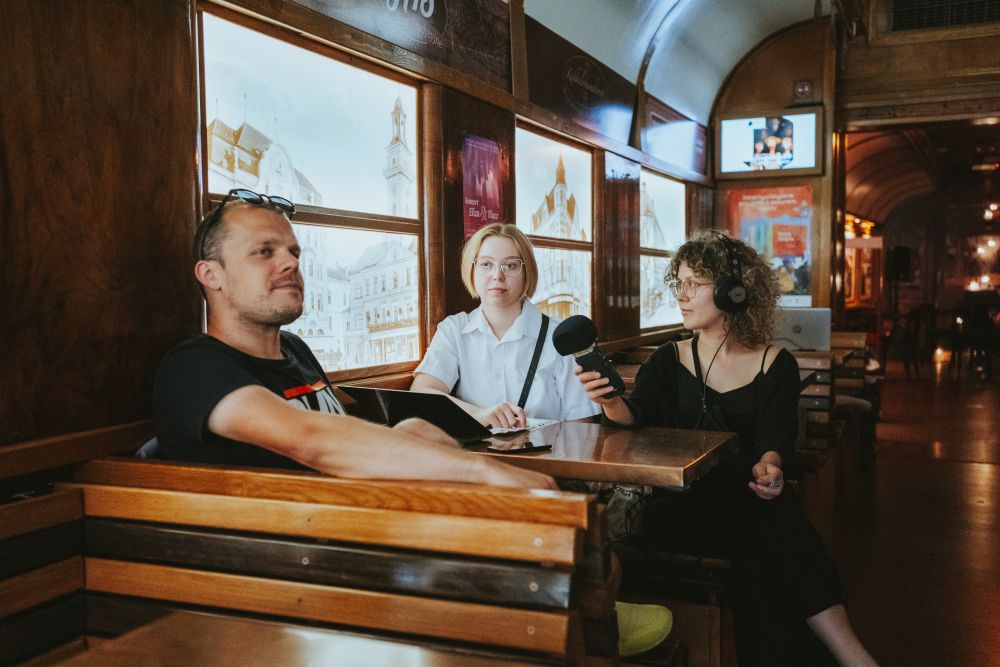
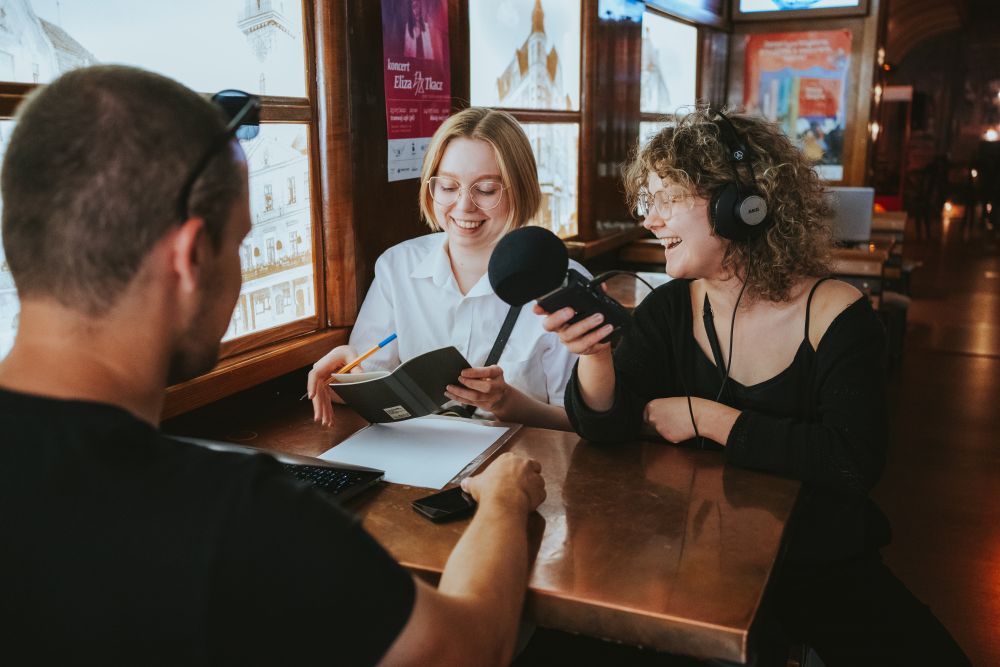
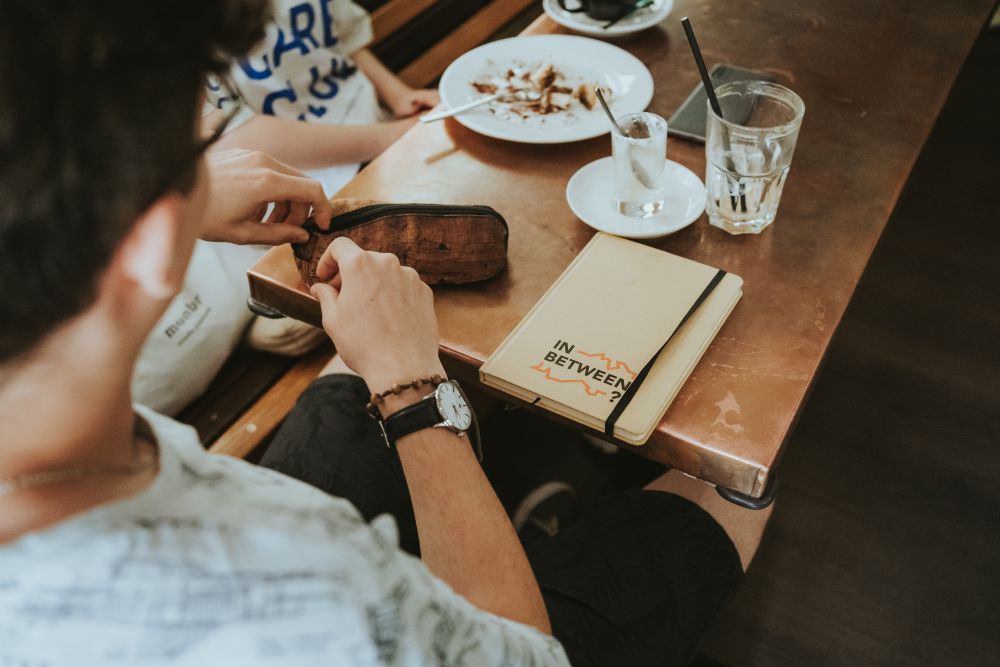
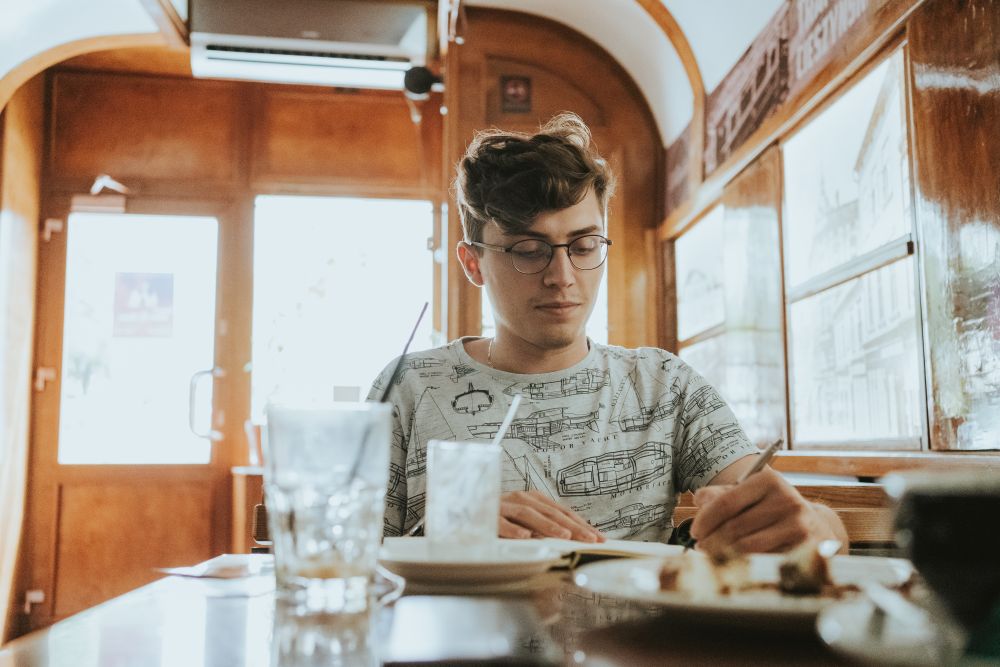
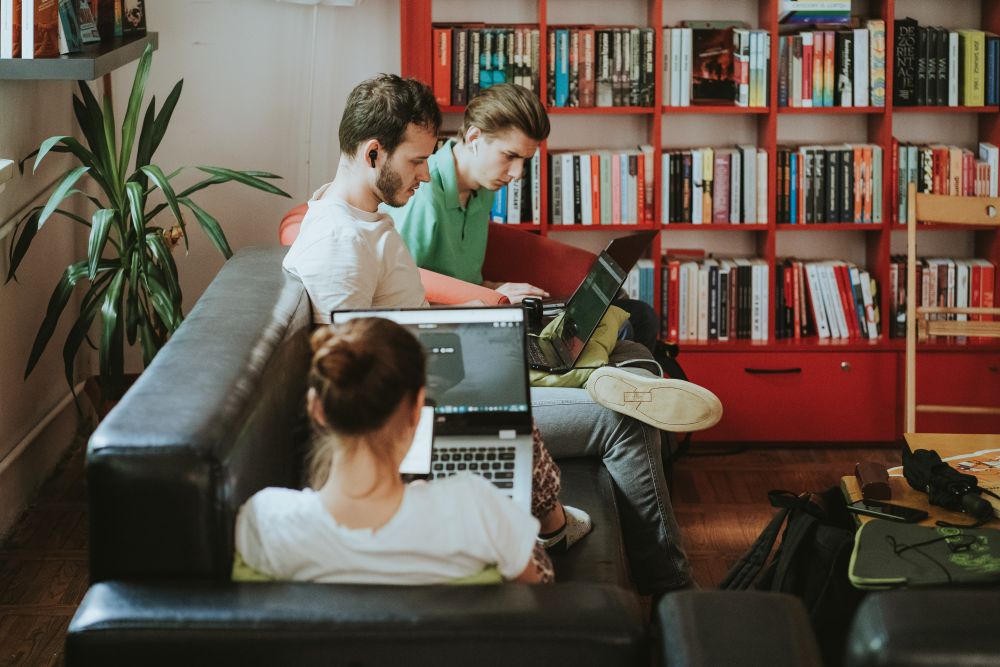
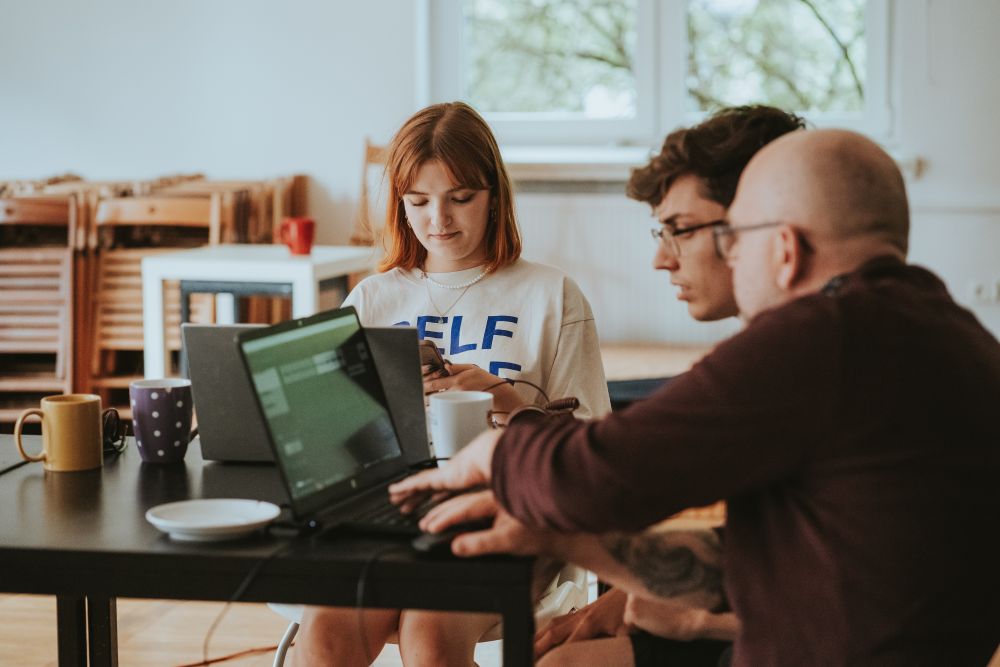
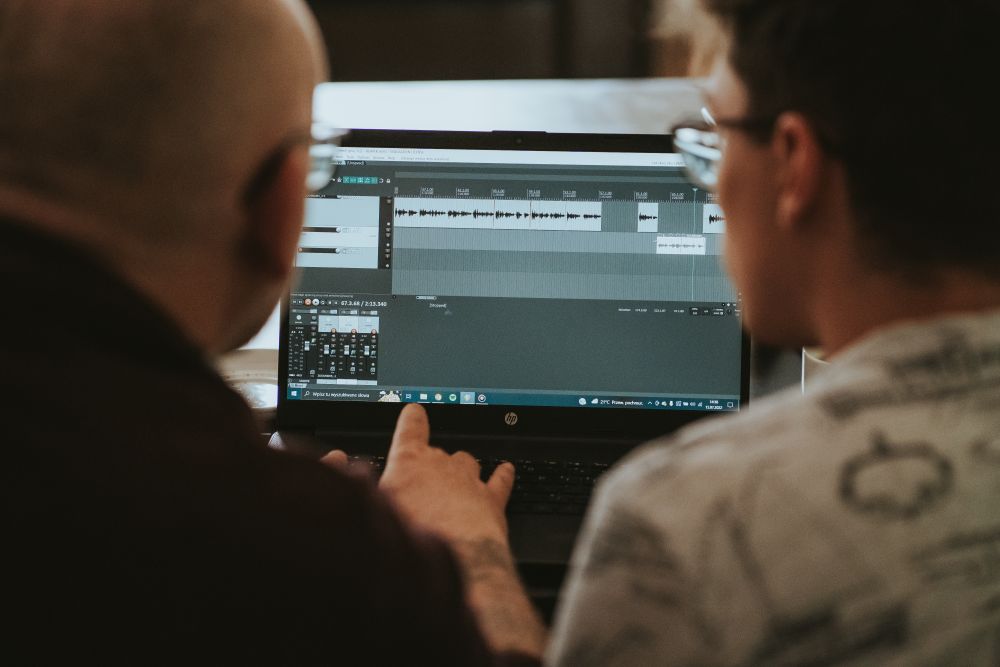
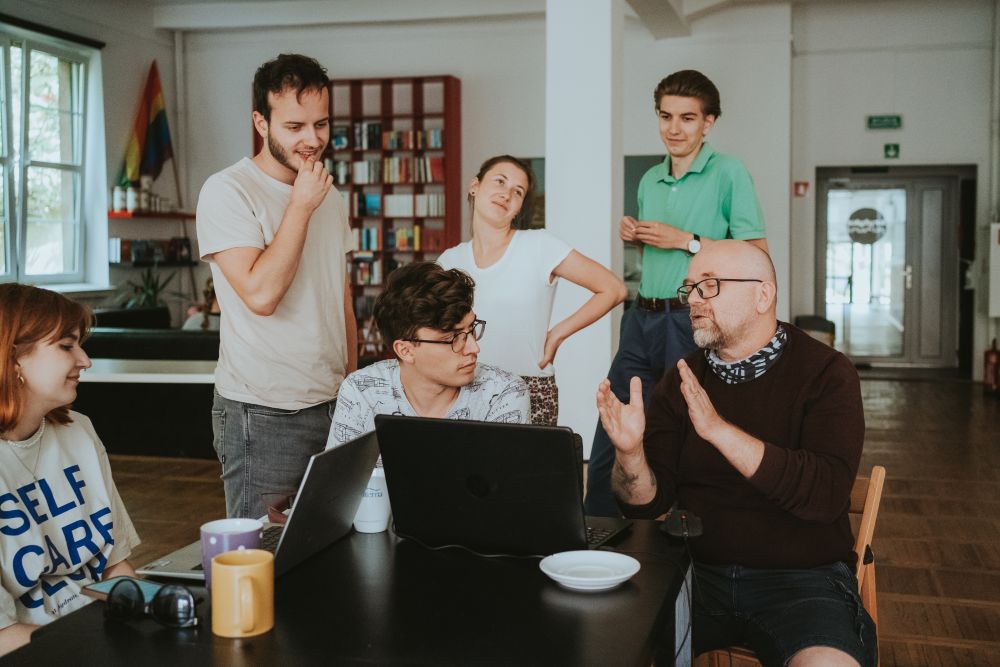
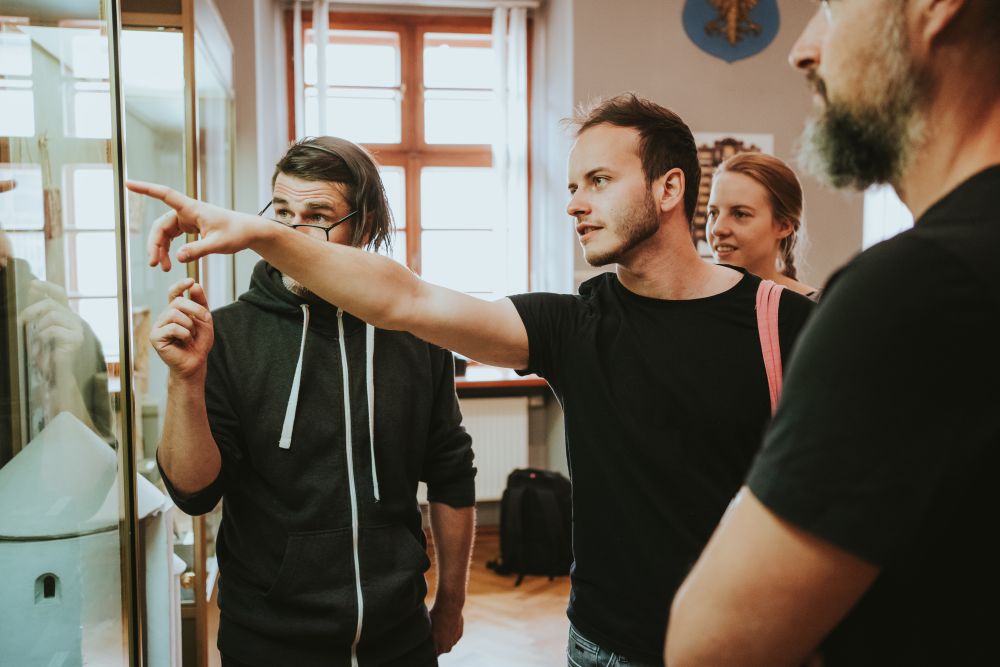
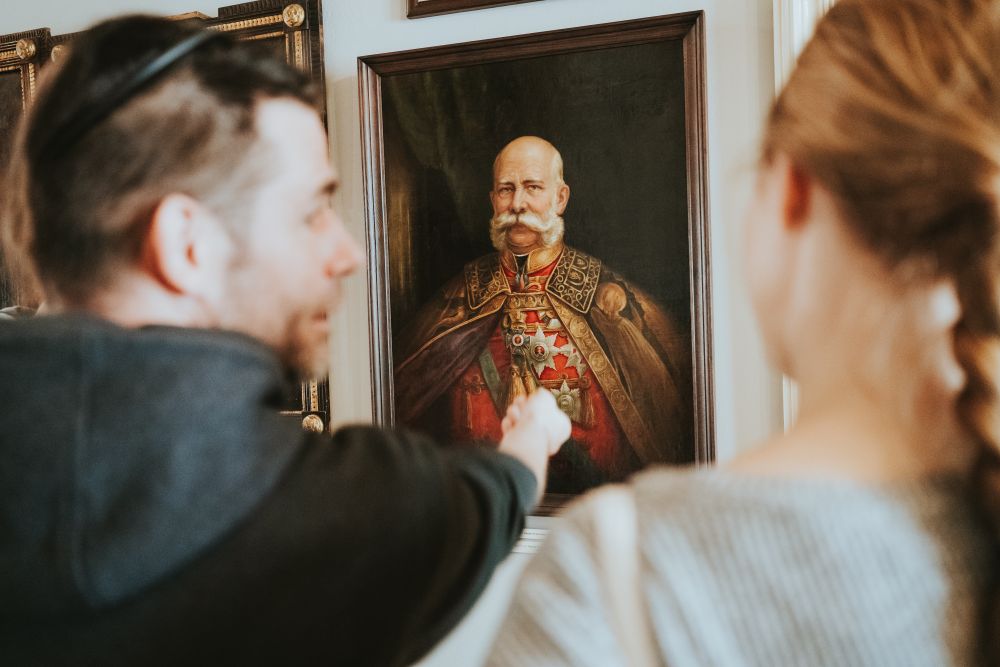
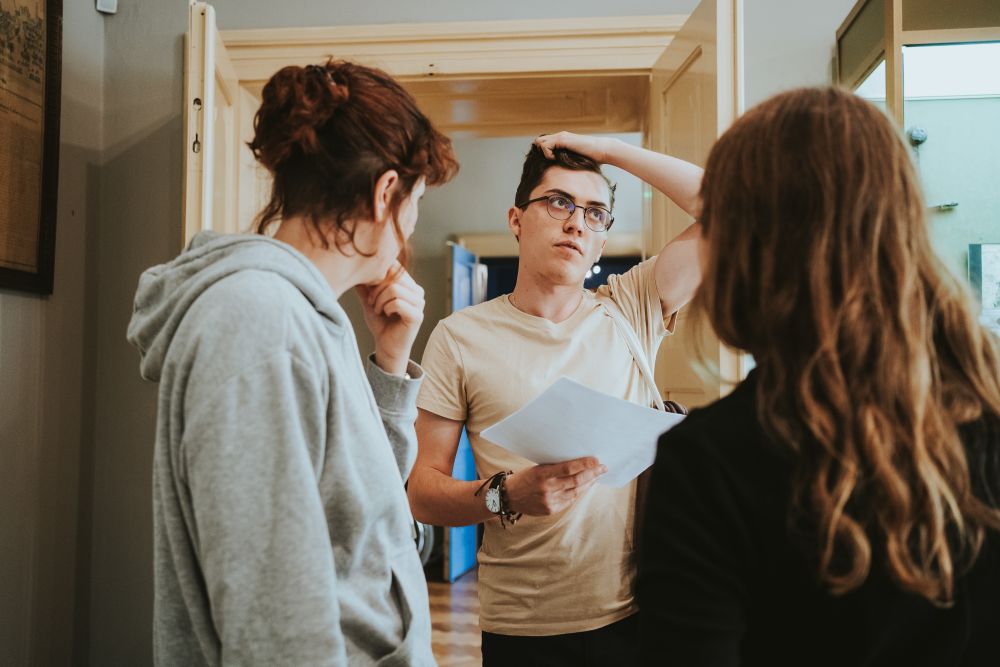
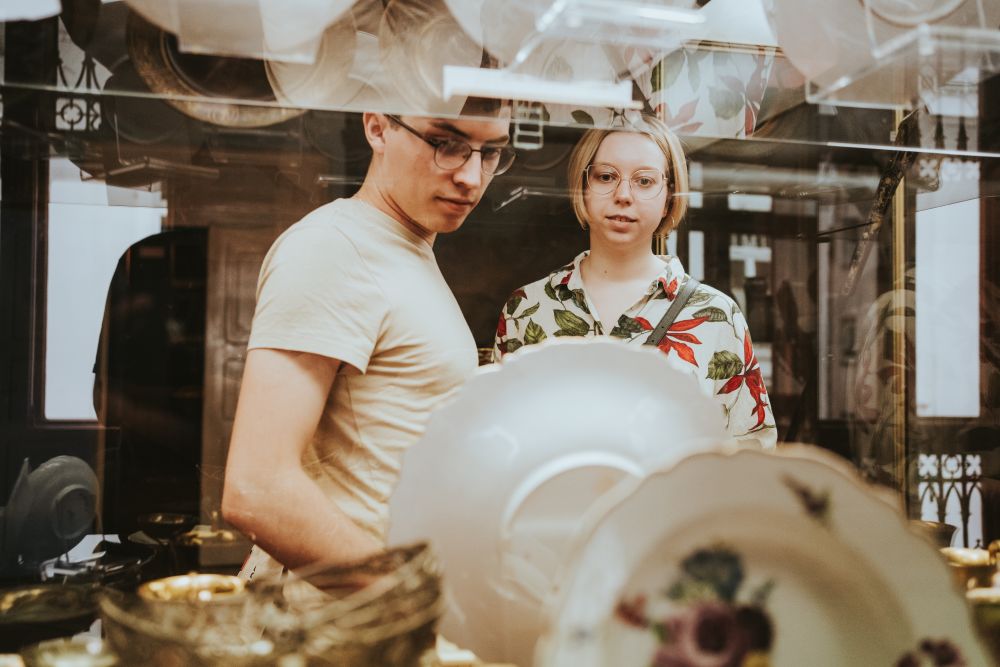
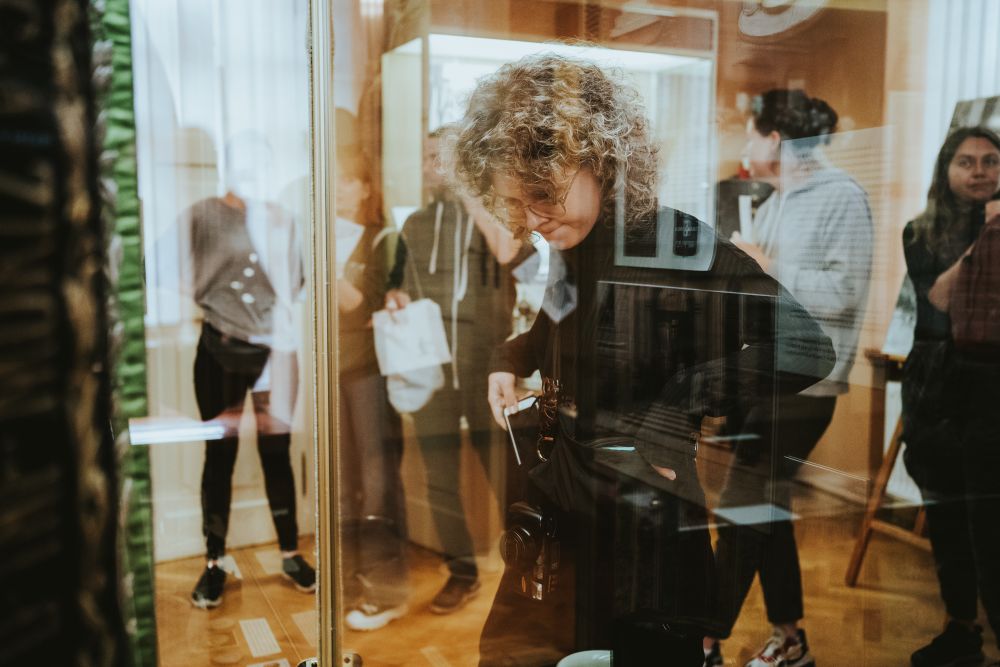
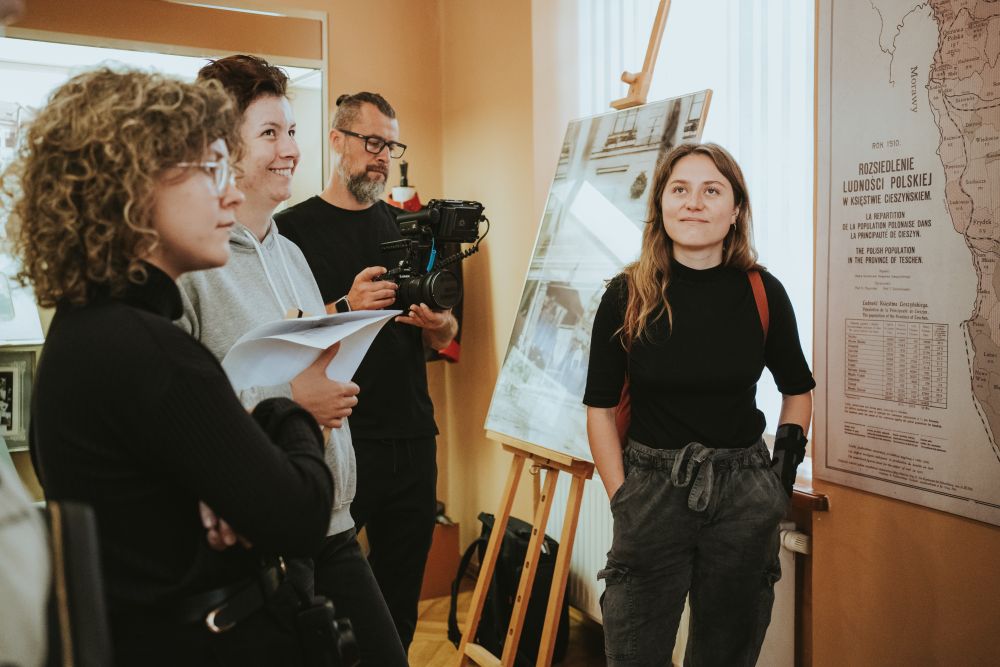
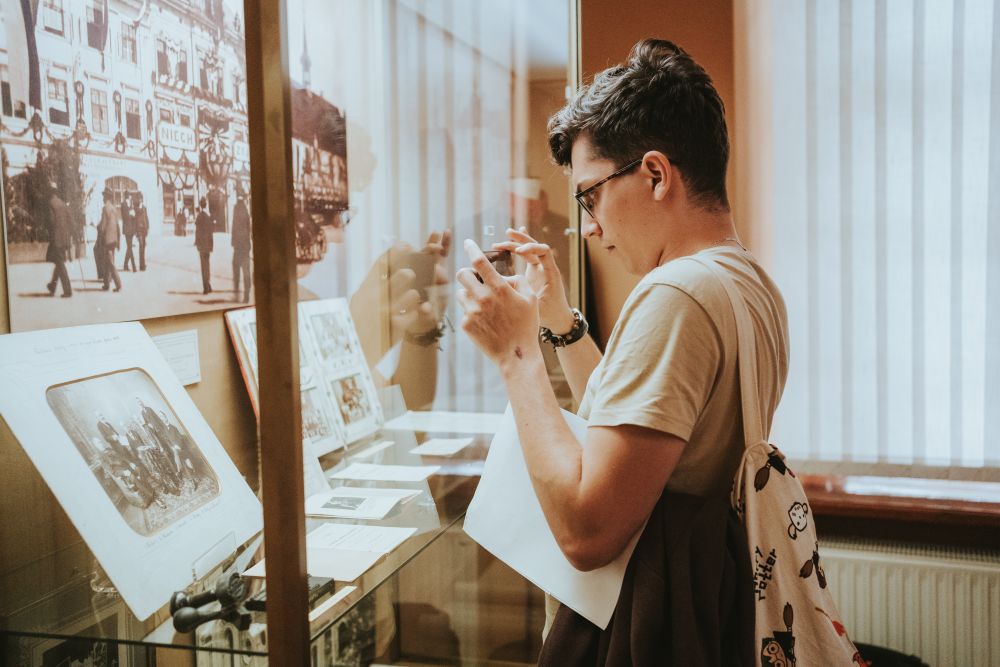
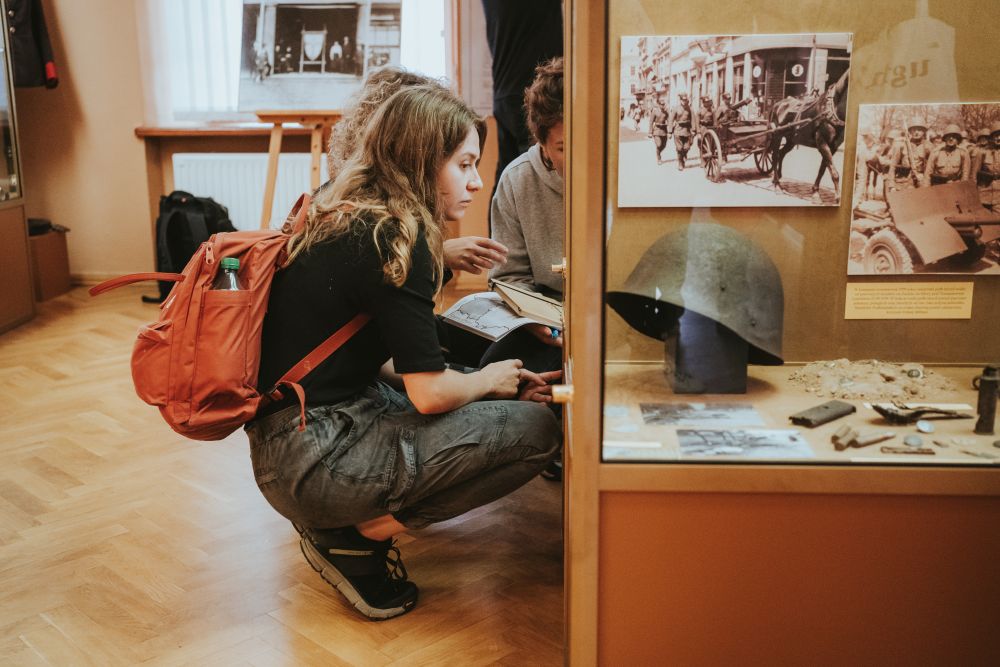
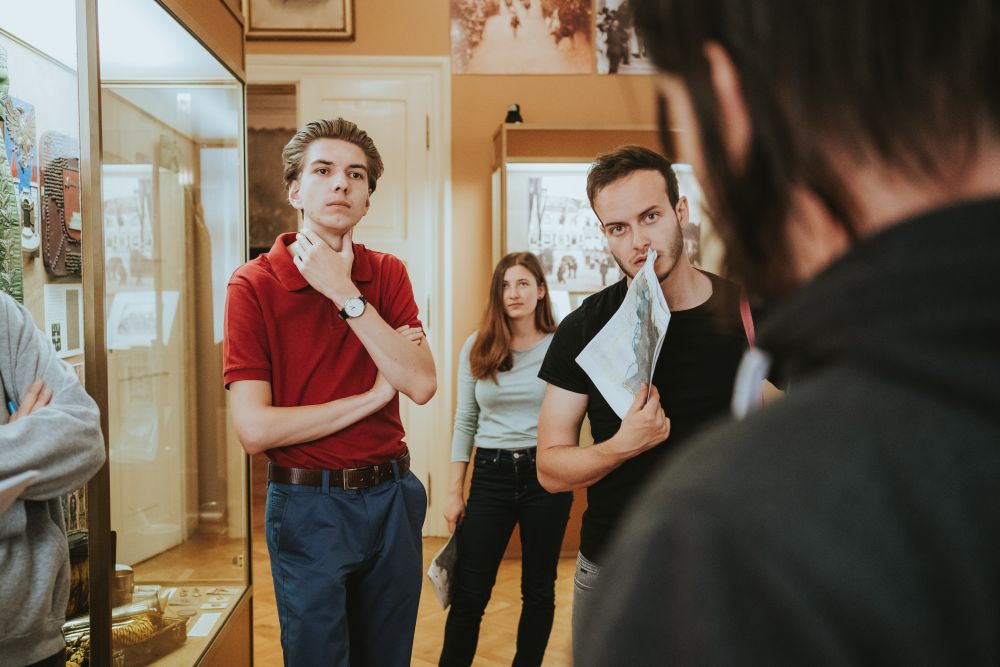
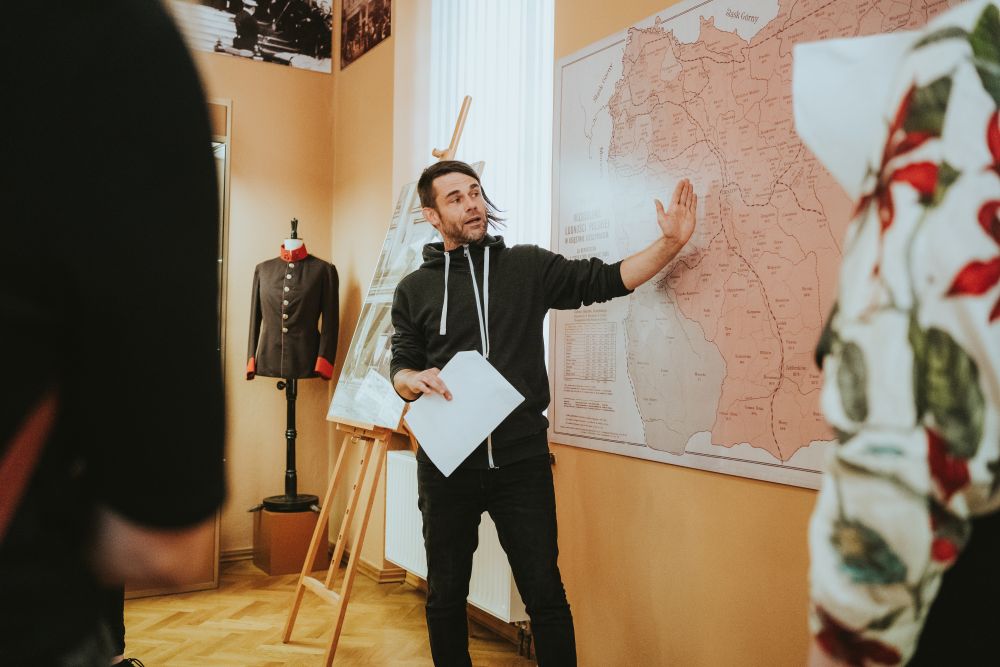
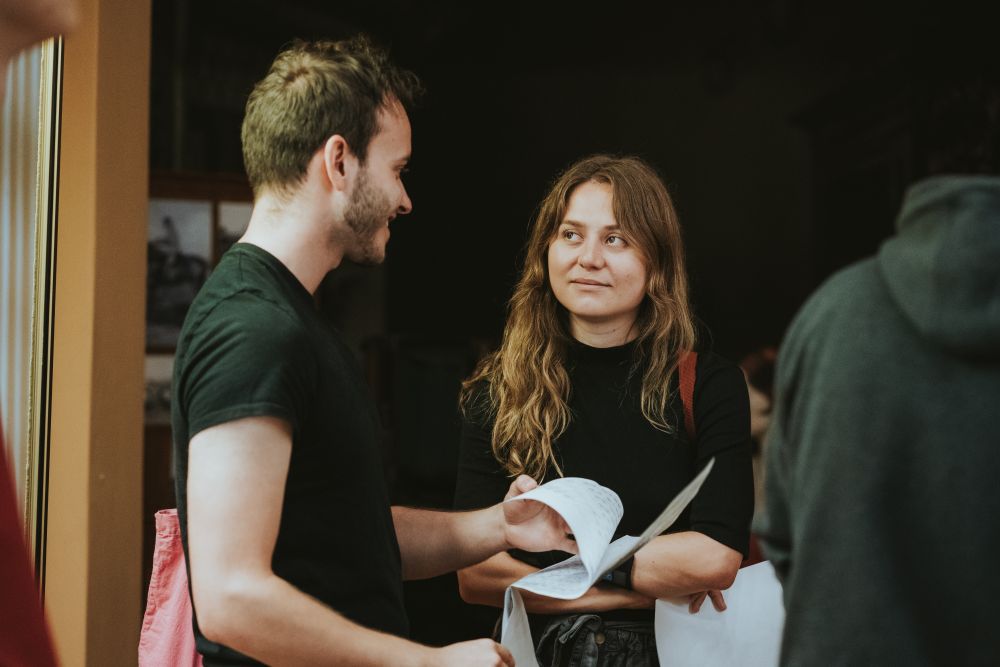
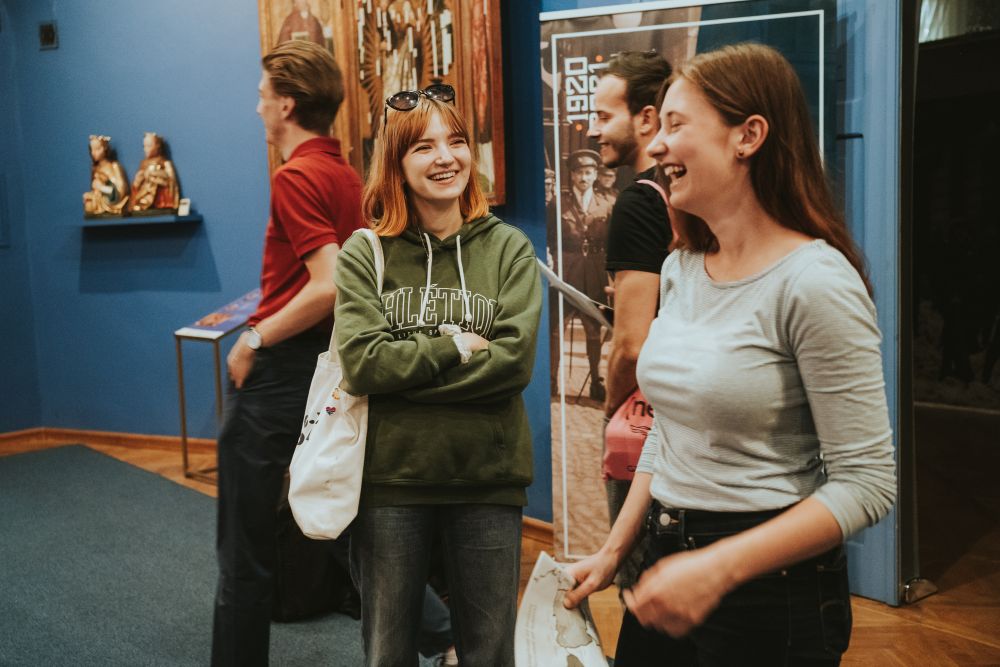
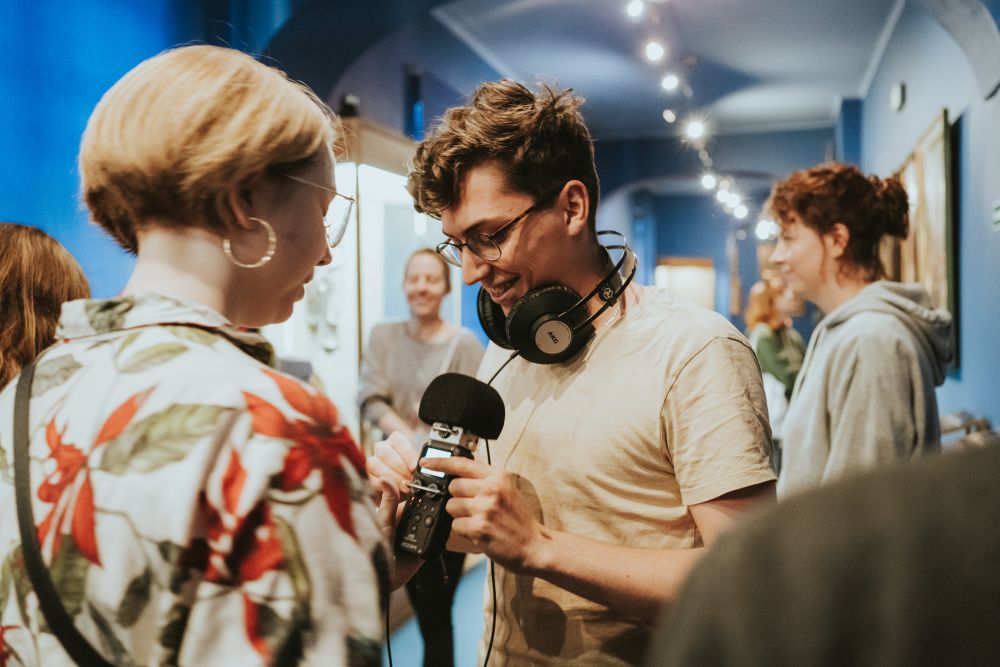
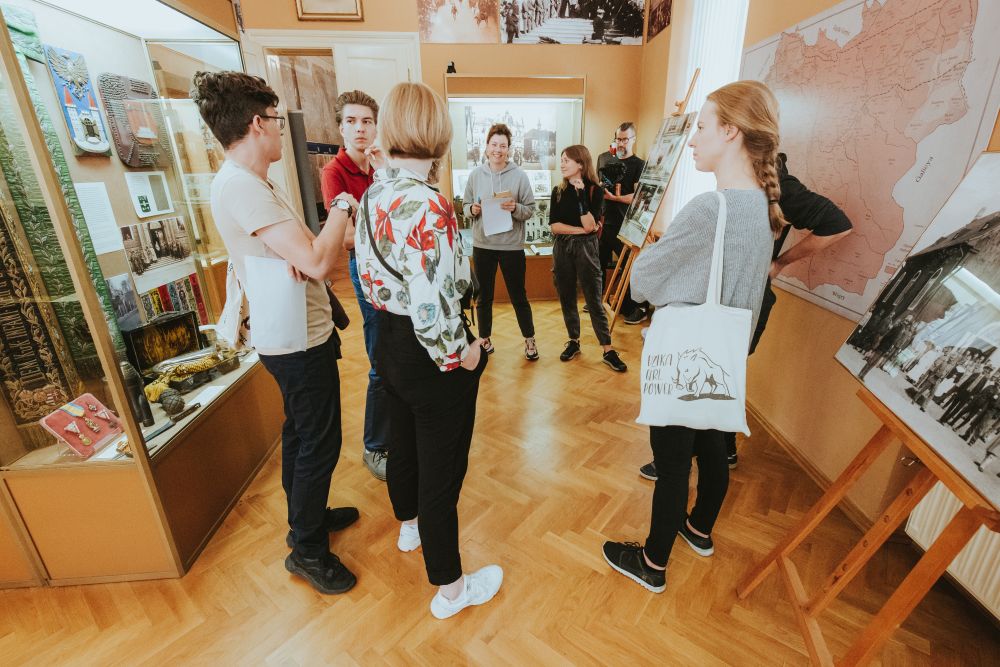
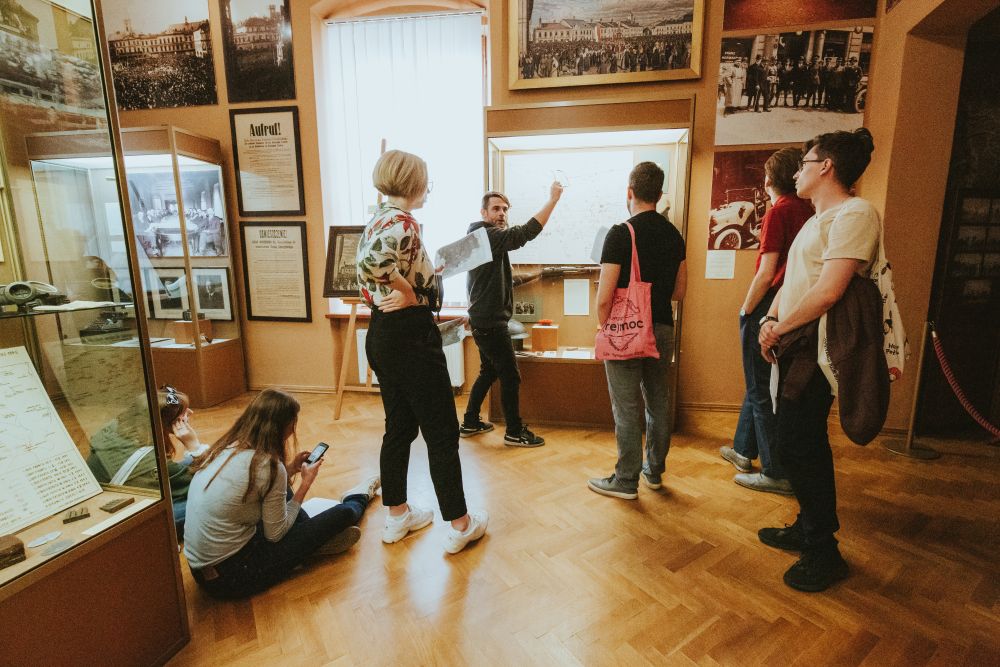
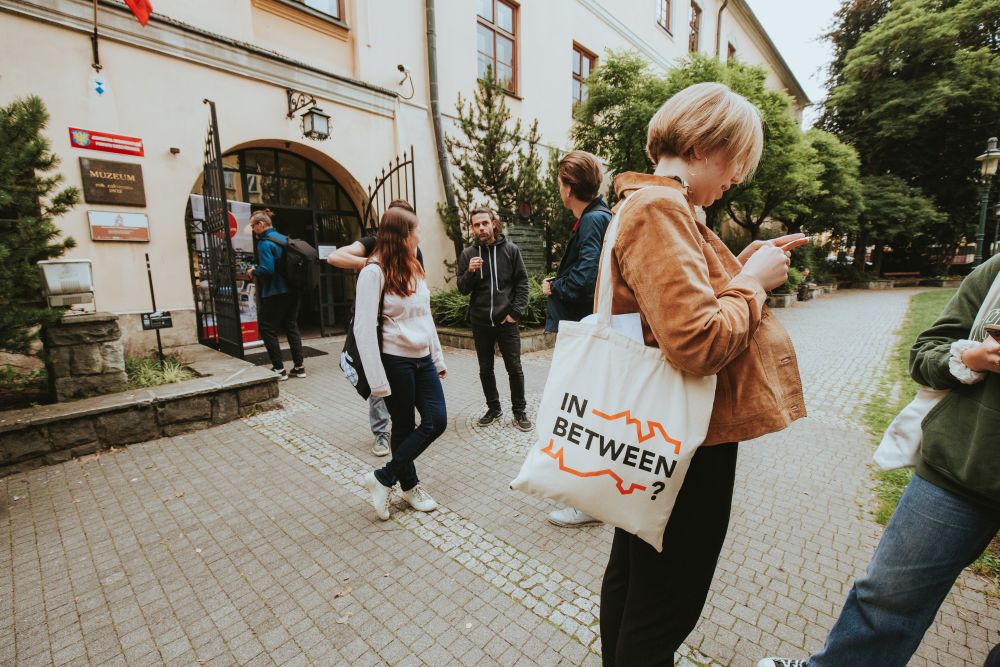
Workshops & Mentors
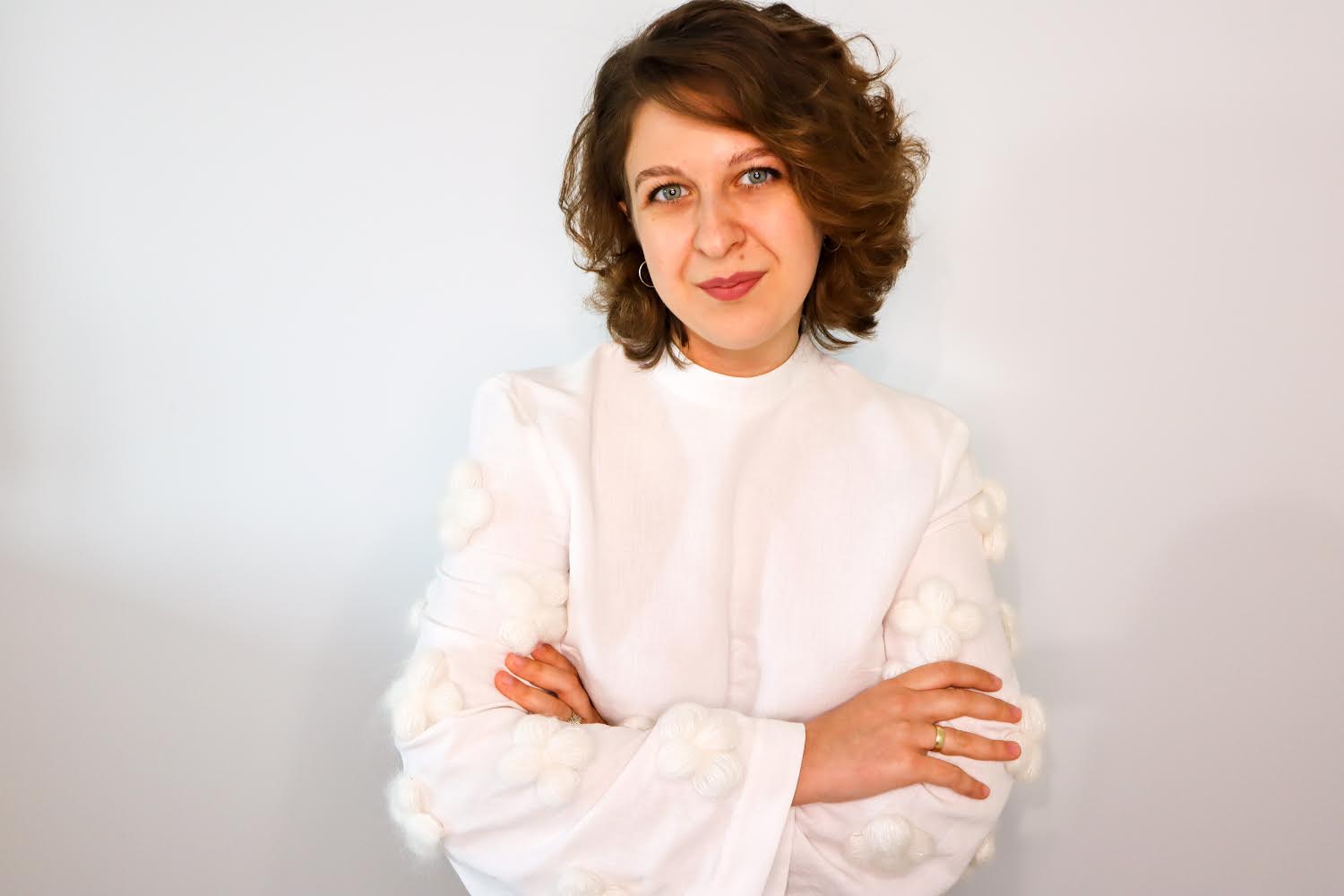

Liana Blicharska
Historian, oral history researcher and cultural anthropologist; graduate at the Jagiellonian University and Ukrainian Catholic University. Researcher and interviewer in Memorial Museum of Totalitarian Regimes "Territory of Terror", Lviv, Ukraine. Coordinates oral history project "Unheard" and in 2021-2022, together with the museum's team, completed oral history project "Lost Childhood" - an online platform where was visualized 30 oral interviews with people who have witnessed violence, repression and crimes against humanity in their childhood. Coordinator of Ukrainian team of "In Between" project in 2021.
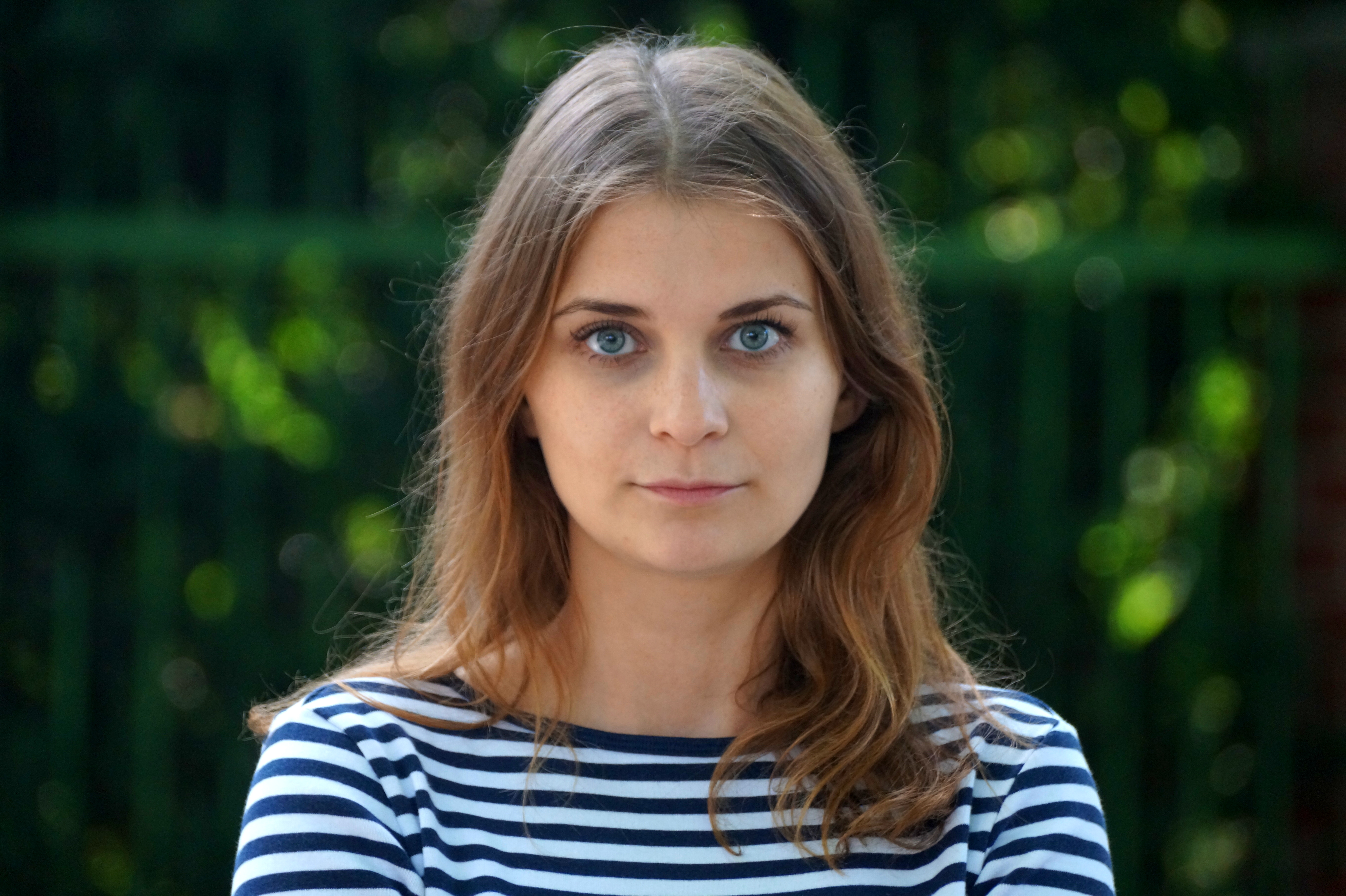

Maria Buko
Sociologist, historian, oral history researcher. PhD student at the Institute of Applied Social Sciences, University of Warsaw. In the years 2012-2021, a researcher at the History Meeting House in Warsaw, where from 2019 she headed the Oral History Archive. Author of „Pogłosy. Dzieci więźniów niemieckich obozów koncentracyjnych” („Echoes/Post-voices. Children of survivors of German concentration camps”) and co-author of „Przetrwałam. Doświadczenia kobiet więzionych w czasach nazizmu i stalinizmu” („I survived. Testimonies of women imprisoned during Nazi and Stalinist times”). Specializes in the oral history of war experience, and transgenerational memory of war trauma.
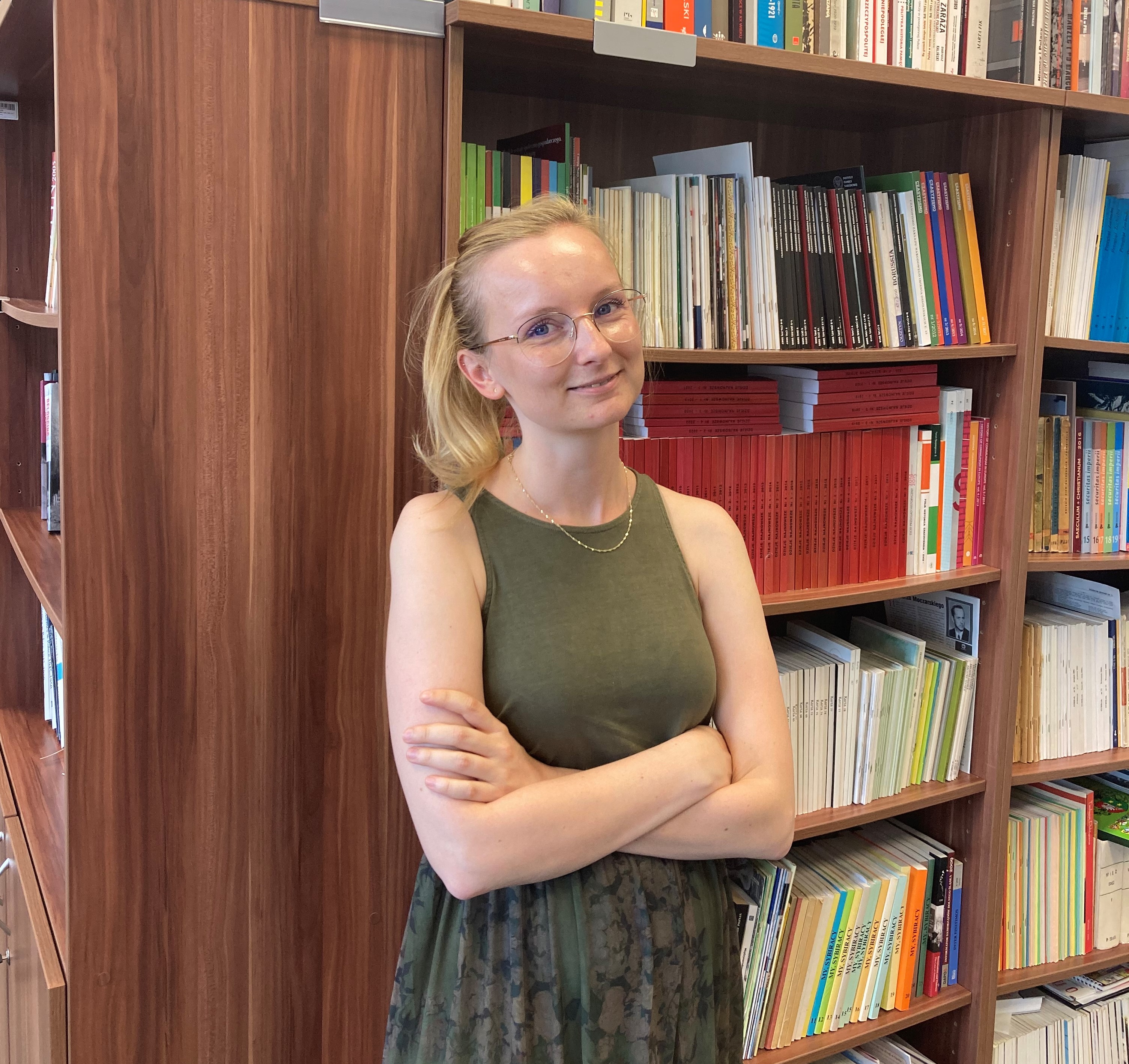

Ewa Maj
American Studies graduate at the University of Wrocław and holds a PhD in the Humanities; a researcher of the history of the Polish People’s Republic’s diplomacy and the oral history method. Chief Specialist in the Research Department of the ‘Remembrance and Future’ Centre in Wrocław and deputy editor-in-chief of "Wrocławski Rocznik Historii Mówionej" (Wrocław Oral History Yearbook), member of the Polish Oral History Association.
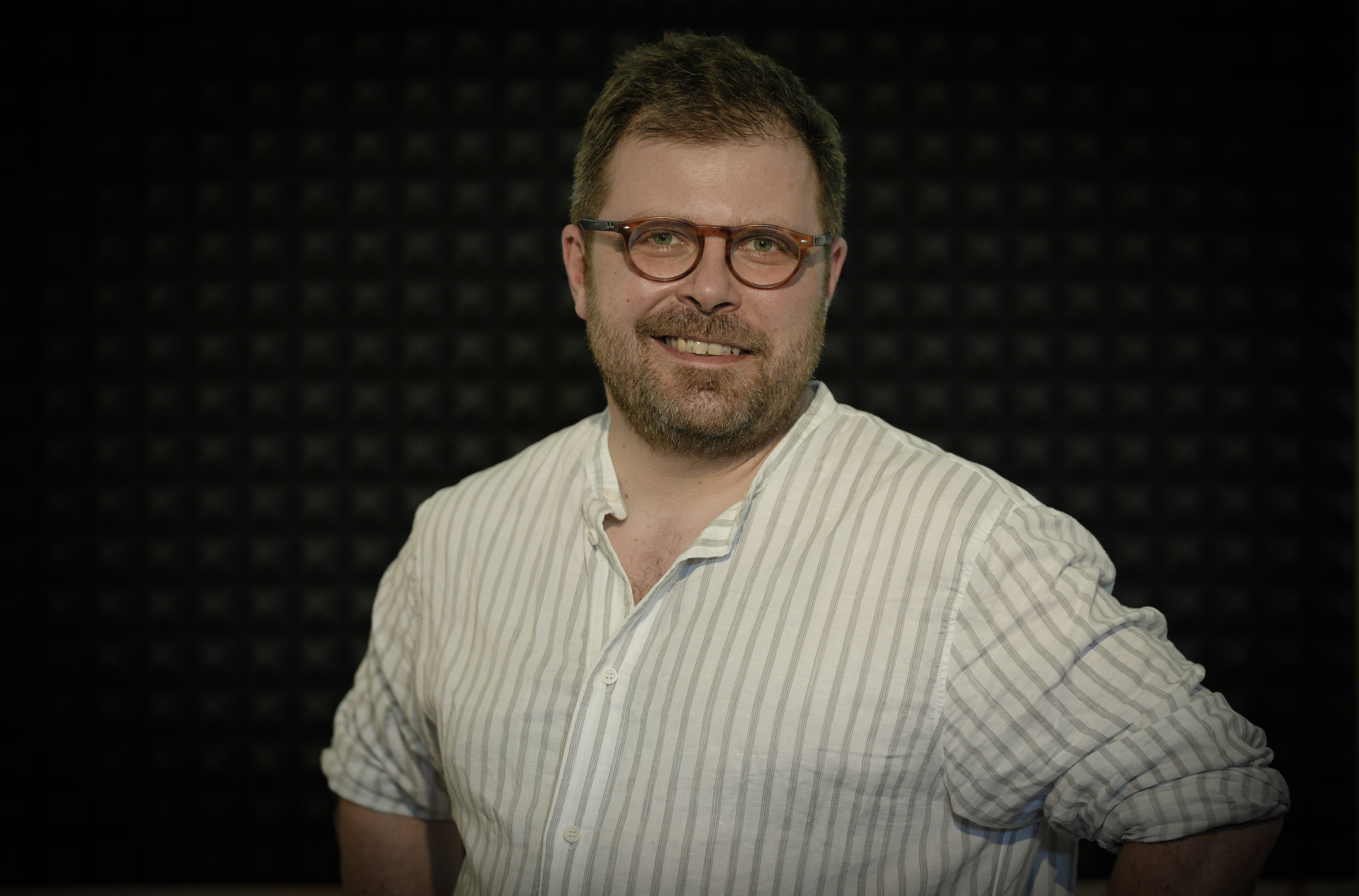

John Beauchamp
John is a Polish-British journalist and one of the most prominent English voices in Poland. He worked for Polish Radio for over a decade, and currently produces podcasts for the Polish Press Agency (PAP). He teaches journalism, and has also worked on a number of innovative audio projects in both Polish and English, including geolocated ‘soundwalks’ for Culture.pl. He is one of the founders of Free Range Productions, an independent audio storytelling company. You can also hear his voice on the Warsaw subway. John shared his expertise during the study visit to Alsace.
Photo by Jaap Arriens
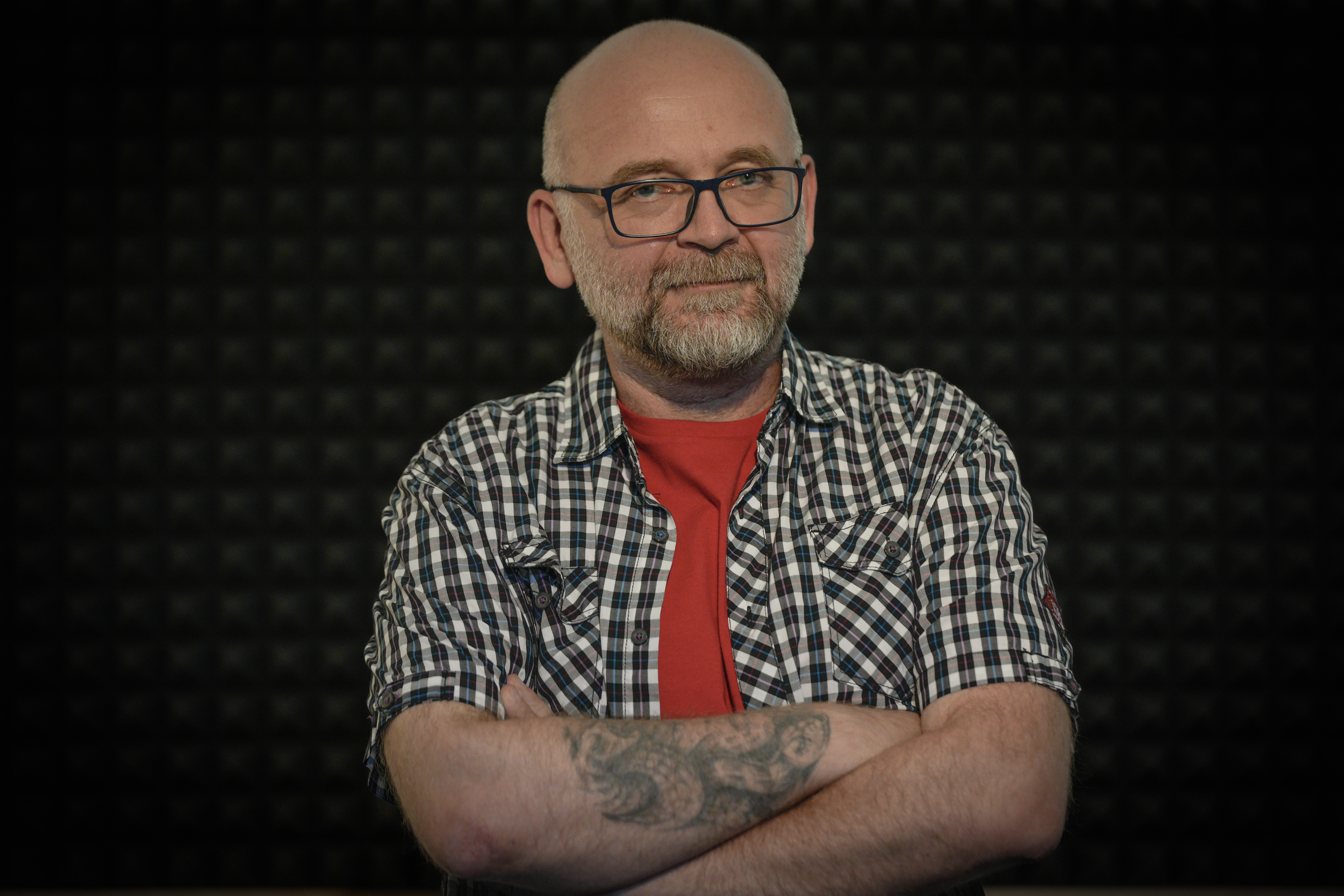

Jarosław Kociszewski
Jarek is a journalist and international relations expert. For many years he was a Middle East correspondent for the Polish press and one of the hosts of the program “Więcej Świata” on Polish Radio. Presently he is a chief editor of www.new.org.pl portal run by College of Eastern Europe and collaborates with Stratpoints NGO focusing on development and security. He is a frequent guest on several radio programs, where he comments on the current political situation in Asian and African countries. Jarosław Kociszewski is also one of the three founders of Free Range Productions. He accompanied the participants in Cieszyn/Cesky Tesin as a mentor during their podcast production.
Photo by Jaap Arriens
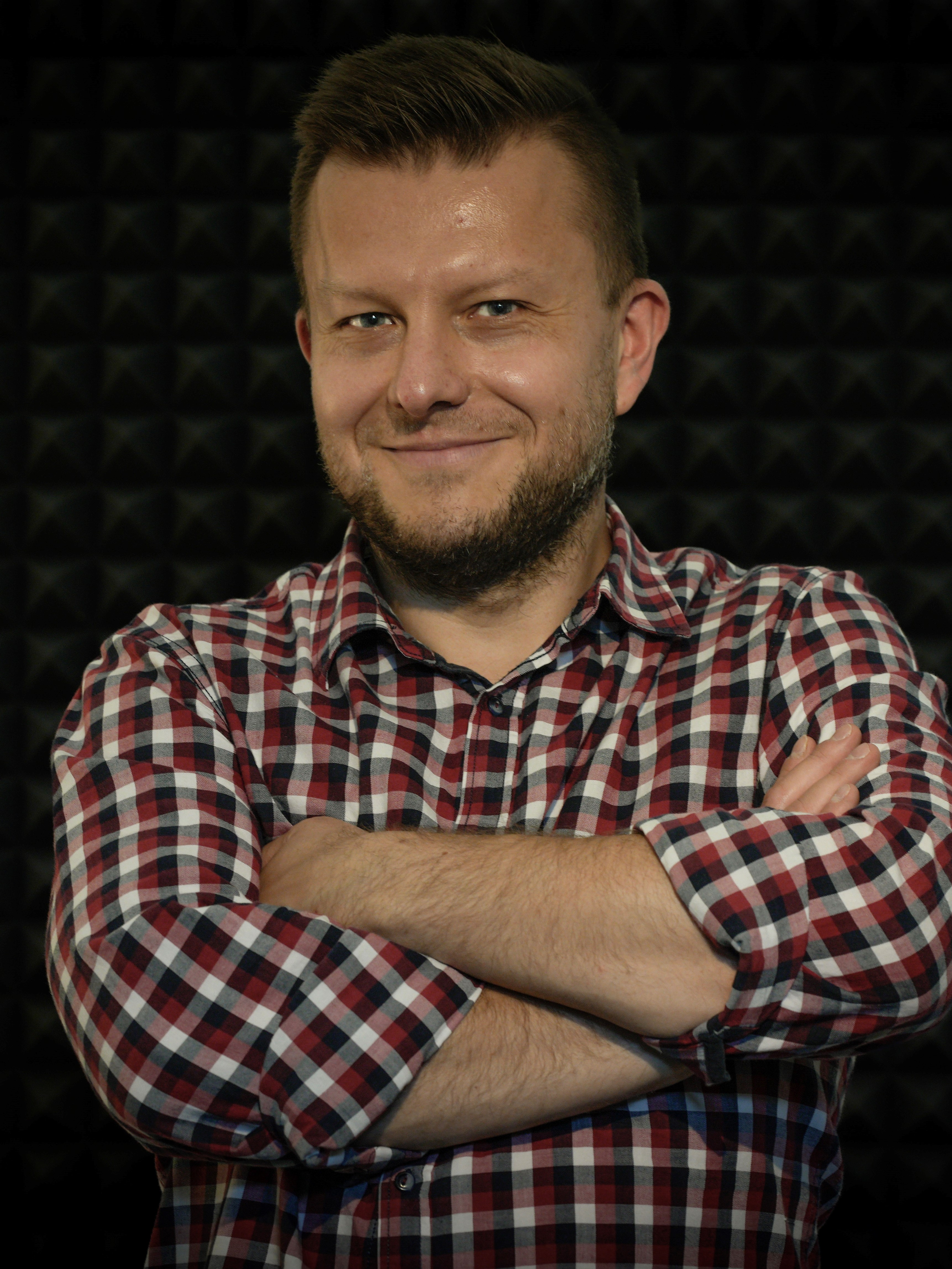

Bartosz Panek
Bartosz Panek is a radio documentary maker with over 20 years’ experience. He studied in Warsaw and Trieste and holds a degree in international relations. Currently he supports Free Range’s creative division. Prize winner of Polish and international awards, including the Prix Italia for innovative documentary language. Co-author (with John Beauchamp and Jarosław Kociszewski) of several audio features for the BBC World Service. Co-founder of the Audionomia Foundation. His second non-fiction book will come out in 2023.
Photo by Jaap Arriens
About the Project
Read More

